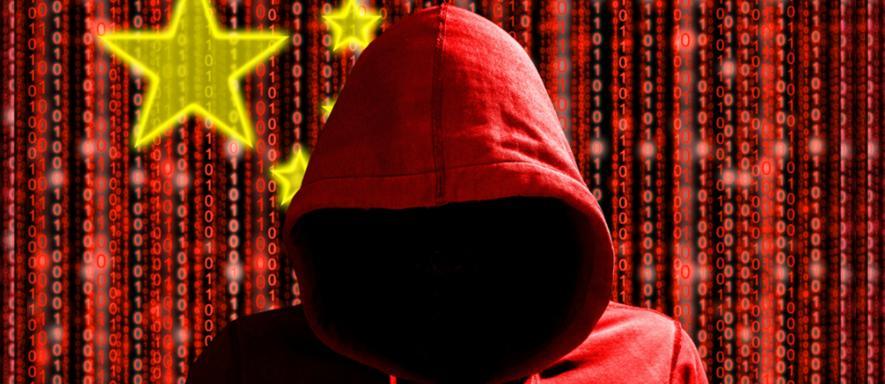China has announced a new set of regulations it will introduce as it intensifies its campaign against anonymous users. The country already has a reputation for imposing some of the strictest policies in relation to internet freedom and censorship. However, China’s top internet censor is now being granted access to delete posts by anonymous users on any internet forum or platform.
The Cyberspace Administration of China will begin to enforce those rules on October 1st - the new rules mean that internet companies and service providers are now responsible for requesting and verifying real names from users when they register for their services. In addition to this, the new regulations insist that any illegal content shared must be immediately reported to the relevant authorities.
Leading tech firms such as Baidu and Alibaba are now under more pressure than ever to serve as a watchdog for government’s internet censorship program. China is currently preparing itself for the 19th National Congress of the Communist Party which takes place in autumn - it is likely that several new people will be appointed to key leadership positions.
A new cybersecurity lad already implemented earlier this summer also requires tech firm to store data on its servers. The new policy was introduced to protect sensitive information, but those opposed to it say that it only makes it easier for the government to track and persecute internet users.
In addition to announcing these new regulations, the Cyberspace Administration of China has also moved to specify what type of content is forbidden from being posted online, citing a passage from a bill which was passed in 2000. The bill was introduced in order to regulate internet information services in China. However, the list is so vast and broad that it can cover almost anything.
China has introduced various rules in relation to establishing the online registration of users online for the last number of years, but its latest regulatory proposals only serve to highlight that the government is becoming even more stringent on censorship. Using VPN’s to access blocked social media sites like Facebook and Twitter was relatively easy until earlier this year when the government initiated a crackdown. Many observers have claimed that this is much more serious than previous attempts to enforce the ban.






